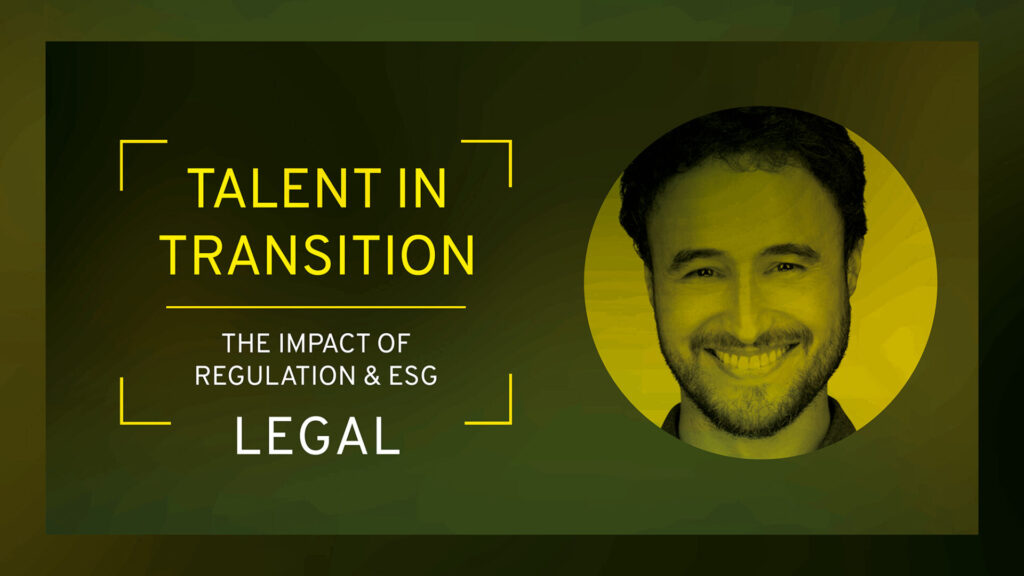The evolving regulatory and compliance landscape has driven changes in the legal profession in recent years. Many of these changes have expanded the scope and complexity of legal roles, necessitating a deeper understanding of various regulatory frameworks. Lawyers now find themselves navigating a landscape that often demands both specialised knowledge and broad expertise.
Impact of GDPR
The General Data Protection Regulation (GDPR), implemented in 2018, was a game-changer for the legal profession. Its introduction significantly increased demand for privacy specialists, initially creating a substantial skills gap due to the low supply of qualified professionals. Over time, however, this gap began to balance out as more legal professionals upskilled and entered privacy-focused roles, many of whom were not initially privacy experts but adapted to meet market needs. Additionally, demand for such roles has since moderated, contributing to a more balanced supply-and-demand landscape.
Despite this, the impact of GDPR continues to be felt. The regulation remains in force and highly relevant.
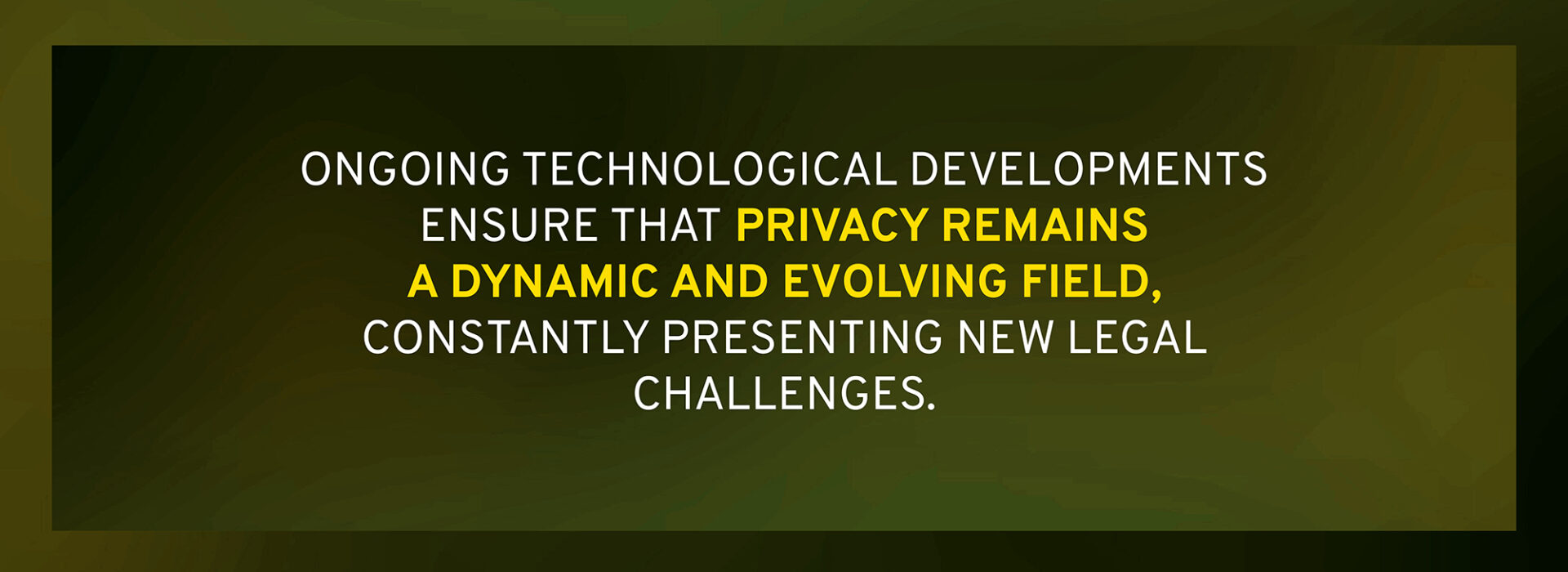
While data privacy regulations existed prior to GDPR, its harmonisation across jurisdictions and the introduction of stricter penalties elevated the prominence of privacy laws, making it a critical and complex area of legal practice.
ESG
The rise in ESG regulations has led to the creation of specific roles focused on ESG compliance. These roles might not have existed 10 years ago, but are now essential for ensuring that companies meet regulatory requirements. Although the volume of ESG-focused roles in the market hasn’t come near what was seen in privacy around 2018, we still observed a similar skills gap in the market, with the demand for ESG specialists still slightly outweighing the supply of qualified professionals in this area. Again, this gap has started to balance out as more professionals upskill in this area. ESG professionals often come from diverse backgrounds, including scientific, technical, legal, compliance, and finance, reflecting the interdisciplinary nature of ESG compliance.
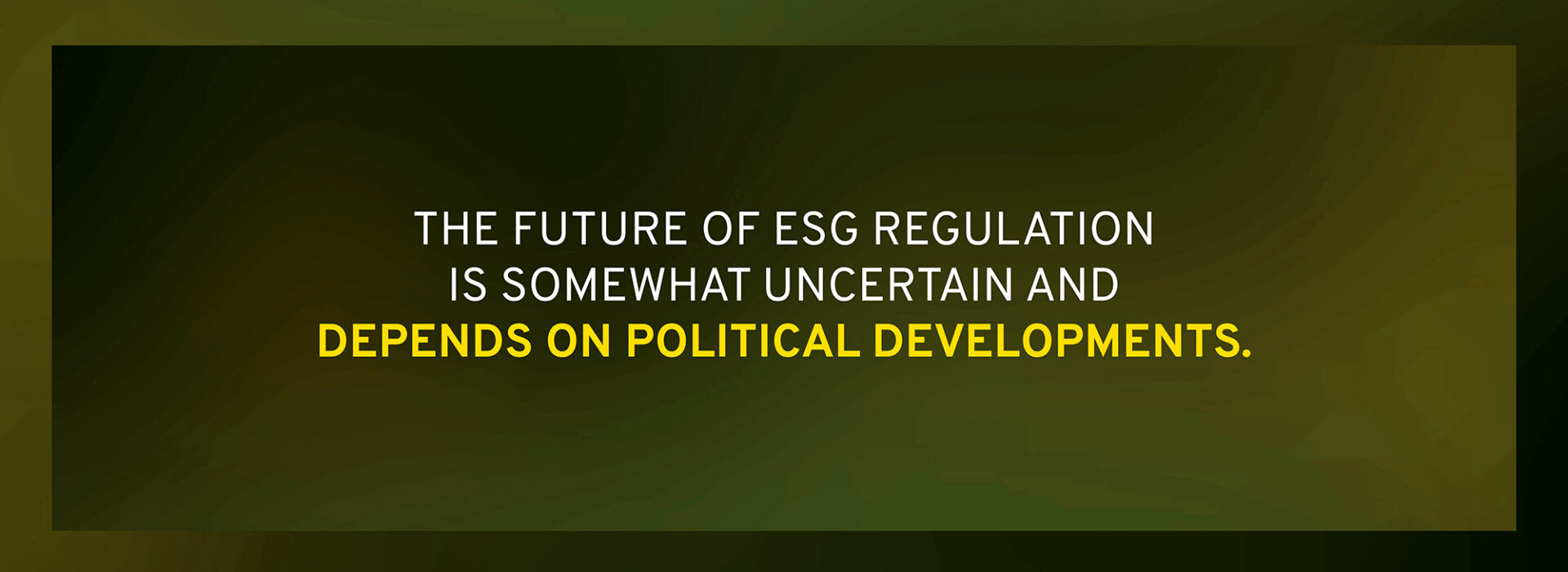
However, it is expected that ESG compliance, particularly in the EU, will continue to become integrated into various business functions, and lawyers will need to understand how ESG regulations affect different aspects of their business or their client’s operations to provide comprehensive advice on compliance.
Expansion of Roles and Responsibilities
The pace of regulatory change means that lawyers must keep a close eye on the regulatory landscape. The more regulation there is, and the more it evolves, the more lawyers have to follow it to advise on risk and compliance required for any organisation.
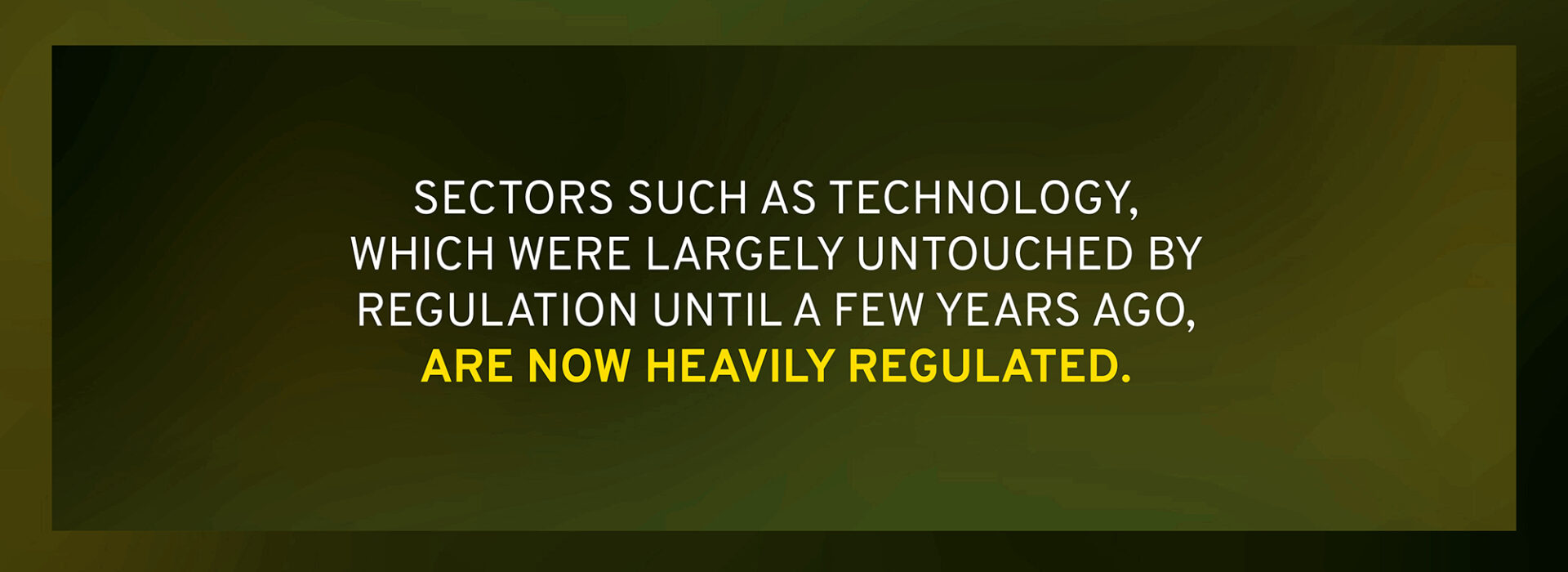
A commercial lawyer in technology a decade ago would have needed to know data protection regulations and intellectual property laws. Today, however, they must be aware of a broader range of regulations, including the EU Digital Services Act, the EU AI Act, and the EU Digital Markets Act. Additionally, the EU Digital Operational Resilience Act (DORA) for financial services impacts fintech companies. These changes have led to lawyers being less siloed and more integrated into the business, requiring them to possess knowledge of a more technical nature alongside their legal expertise.
Specialisation vs. Generalisation
The increase in regulation has led to the creation of niche roles within the legal profession, particularly in the aforementioned areas of privacy, ESG, and compliance. While some legal professionals now specialise explicitly in these domains, hybrid roles have also emerged, combining commercial and regulatory responsibilities. Even commercial lawyers, traditionally focused on contracts and business transactions, have had to become more attuned to regulatory developments, as these increasingly impact the substance of contracts and broader business operations.
This shift presents several challenges.
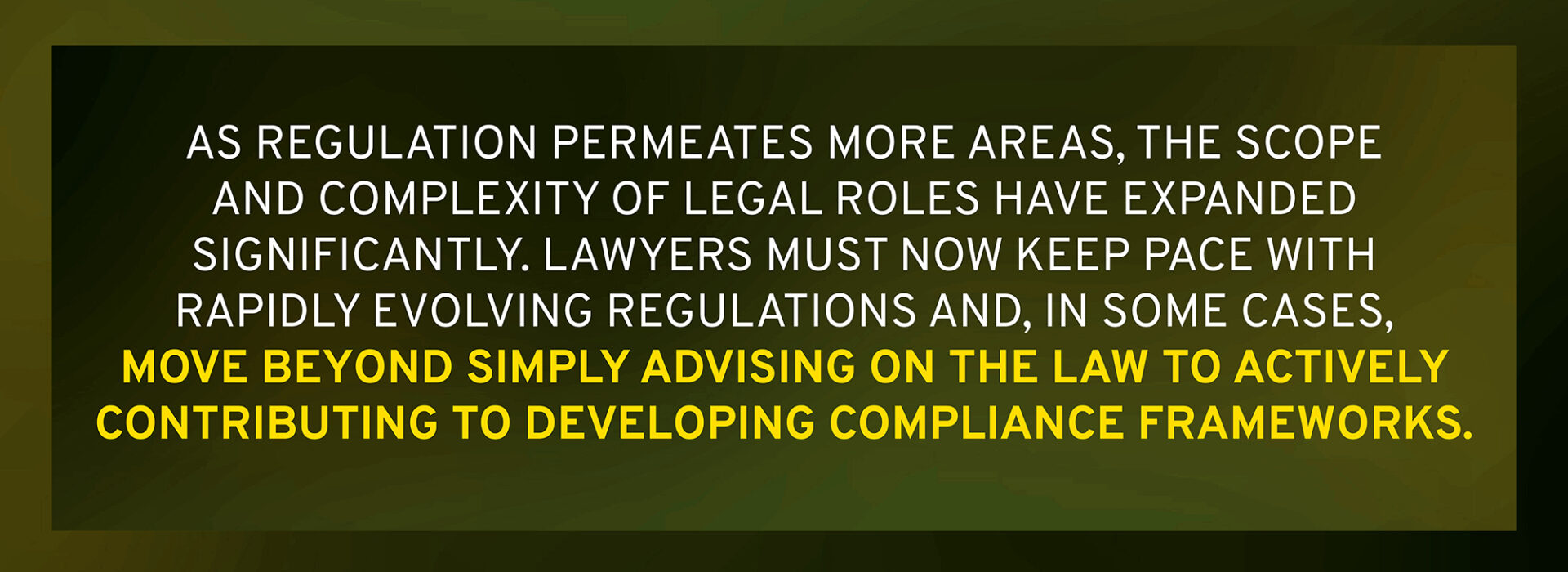
The drafting of contracts, for example, has become more intricate, often requiring the inclusion of language that aligns with new regulations or avoids contradicting them. Consequently, areas of law once relatively untouched by regulation now demand a heightened awareness of the regulatory landscape, pushing lawyers, both generalists and specialists, to adapt and expand their expertise.
Upskilling in an Evolving Legal Era
In response to increasing regulatory demands, the legal talent market has adapted by upskilling professionals in areas such as ESG reporting and privacy certifications. Lawyers, both specialists and generalists, are increasingly pursuing credentials like the CIPP/E (Certified Information Privacy Professional/Europe) to bolster their expertise, and organisations such as the Law Society now offer specialised courses to meet this growing demand. This shift reflects a broader transformation in the legal profession toward more business-focused and technical roles.
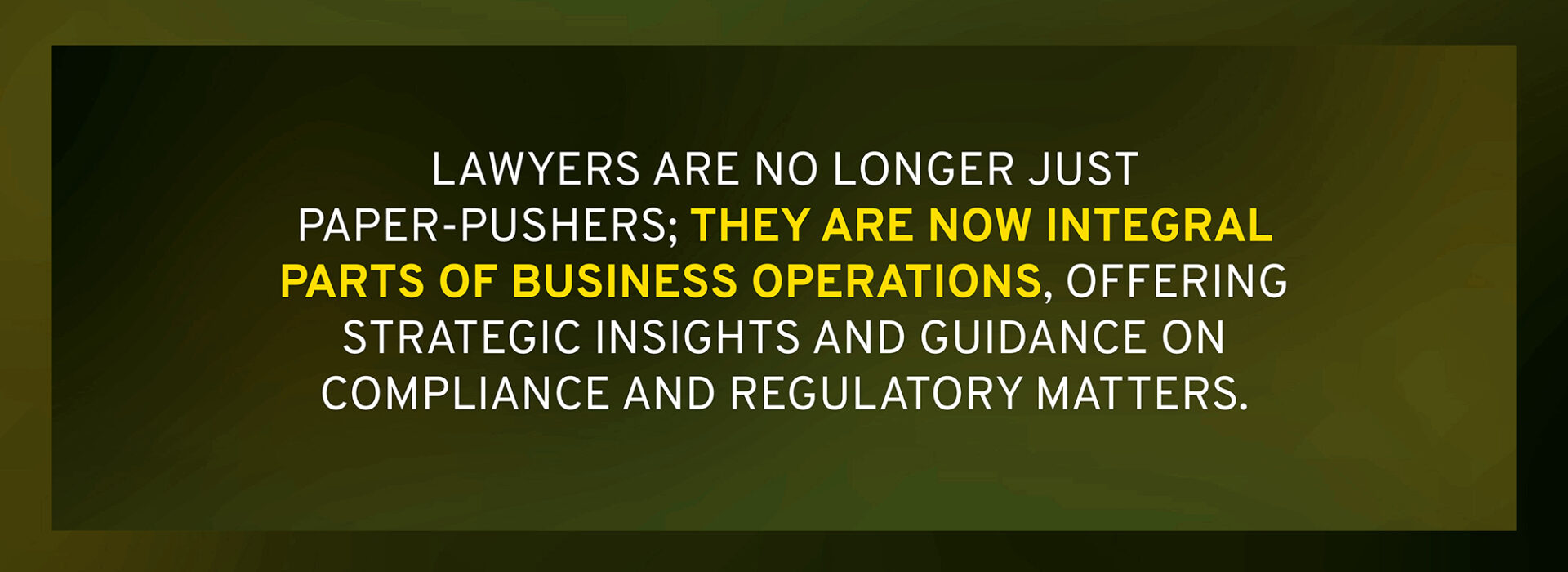
Alongside legal knowledge, lawyers have also had to become more proficient with compliance-related software and tools, with technological fluency now becoming part of the job. Whether it’s contract management platforms, litigation portals, data mapping tools, or ESG reporting systems, lawyers are increasingly expected to be familiar with the digital infrastructure that supports modern compliance and legal work, even if they are not the primary users. These developments underscore the increasingly multifaceted nature of the legal profession today.
What’s Next?
The regulatory landscape is poised to continue evolving, with significant implications for the legal profession and talent market. Take privacy, for instance, a field with decades of regulatory history that still sees constant development. In newer areas like AI and ESG, where major legislation has only emerged in recent years, we are likely just scratching the surface. These areas are expected to evolve rapidly, especially as regulation becomes increasingly embedded in day-to-day business operations. As real-world challenges emerge, so too will regulatory blind spots, prompting further legislative refinement.
While there may not be a single upcoming piece of legislation set to rival the impact of recent landmark laws, ongoing developments in those very frameworks will keep reshaping the legal landscape.

All of this underscores the growing need for legal professionals who can keep pace with change, interpret evolving rules, and translate them into practical, commercial legal advice. The ability to navigate complex compliance obligations will remain vital and shape legal skillsets and career trajectories for years to come.


 Jump Back
Jump Back
